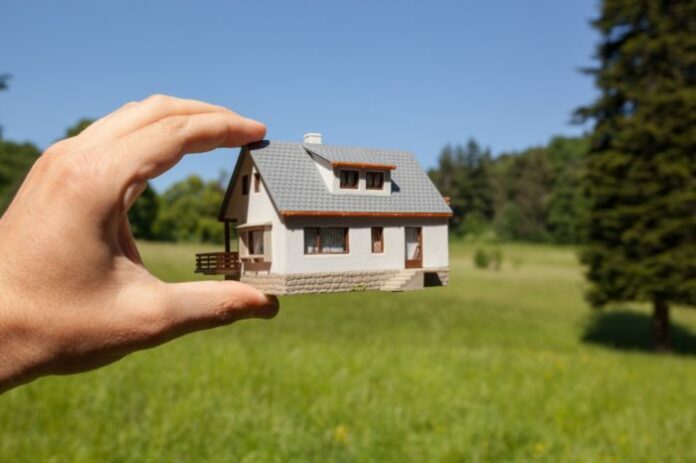If you have always wanted to build and design your own home, self-building may be the best route for you to get your ideal property. In fact, self-build properties are an increasingly popular choice for many people looking to get on the path to homeownership. While self-building gives you the chance to create a house exactly to your requirements, there are still some challenges you will need to consider. It is important to prepare and plan properly to avoid the risk of getting into financial difficulties. Today we will cover seven key factors that you need to consider when working on your first self-build project.
Choosing A Suitable Location
The first step in building your own property involves finding the right plot of land. Your choice will usually depend on your budget and the current availability of land. Therefore, it is advisable to extend your search as widely as possible to ensure you find a suitable plot of land. Some helpful resources you can take advantage of include local and online estate agents, property websites, as well as land auctions. Be sure to check if any developers or farmers have any undeveloped land and are open to offers. Remember to investigate public transportation, crime levels, schools and shops in the area you are interested in.
Acquiring Structural Warranty
Prior to beginning work, you may want to acquire a specialised Structural Warranty to ensure everyone working on site is protected. You will need to be covered in case of any structural defects that can occur during the building process. For example, Buildsafe can provide you with a Structural Warranty tailored to your needs and your self-build project. Usually, this will be a specialist policy suitable for self-builders, that will cover building works, personal accidents, and problems after completion. Obtaining a Structural Warranty is also easy and hassle-free, as you will be supported throughout the entire process.
Researching Funding Options
Funding is a crucial component of building your own property and is something you will need to consider from the beginning. Thankfully, some new government equity loans are available to those interested in self-building their own home. Take a look at the Help To Build scheme for information on the requirements. There are also dedicated self-build mortgage options you can explore. They are usually released at key stages of your project, either in advance or in arrears. When working on your new build property, take a sensible budgeting approach and set a realistic figure before the design process begins.
Applying For Planning Permission
Obtaining planning permission will provide you with the legal right to start construction work. This is a necessary step, and you will be required to secure suitable planning permission before you buy a plot. Keep in mind that the cost of submitting a planning permission application will vary across the UK, and you will need to contact your local authority to get started with this process. Make sure you prepare all documents and accompanying surveys that might be required. When planning permission is granted, you will also find a set of planning conditions that you must address.
Finding The Right Architect
Although some self-builders prefer to design their home on their own, it is likely that you will require the support of an architect or an architectural designer. They will be able to assist you in formulating plans for your new home. However, it can be challenging to find the right architect for your specific needs. It is recommended to take your time in order to select a professional you will have a rapport with. After all, it is better to hold off on your project until you find the right architect rather than starting sooner with the wrong person.
Developing A House Design Brief
Once you have sorted out all of the essentials, you will need to start planning your design. It may be useful to create an overall brief, which will outline key aspects of the project. This brief may cover important elements, such as the number of bedrooms and bathrooms, plans to maximise natural light, and levels of insulation. It will be important to determine how you want to live and set out your aspirations. For example, you may want to consider the type of furniture and appliances you want to incorporate.
Decorating Your New Home
Finally, you will need to find ways to add a homely and personable feel to your new build property. There is a range of budget-friendly and simple decoration ideas you can implement to transform your new place. It is advisable to tackle the most difficult tasks first by considering the types of fixtures and fittings you want, such as choosing the finish of kitchen cabinets and worktops. Then, you will be able to focus on other simpler jobs, such as selecting cushions and blankets, displaying beautiful artwork, and introducing house plants and greenery.


